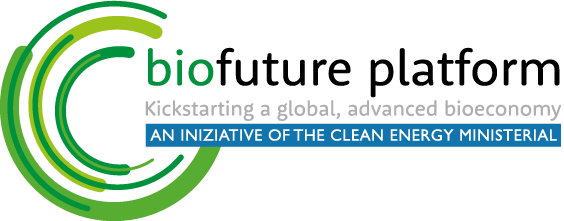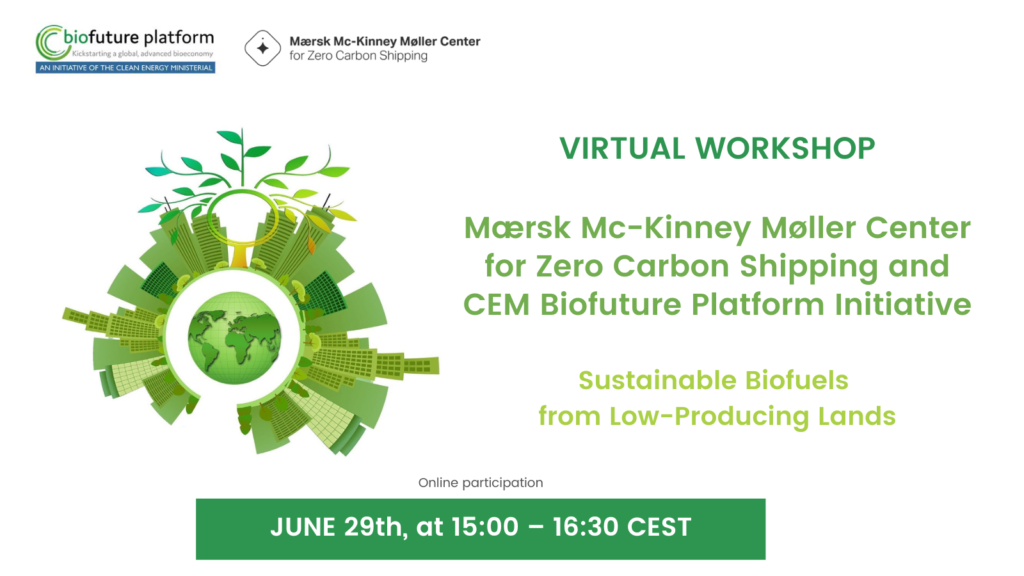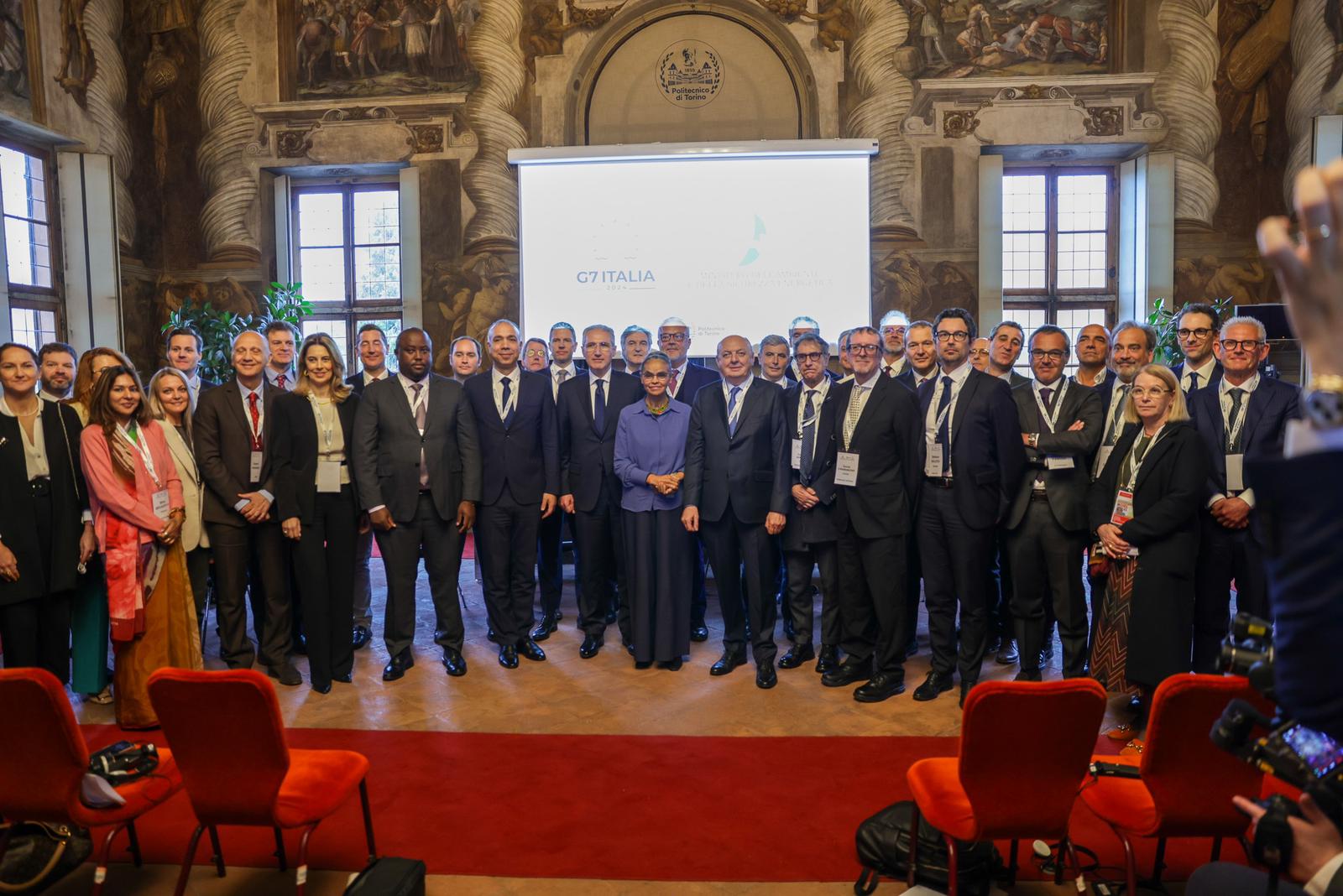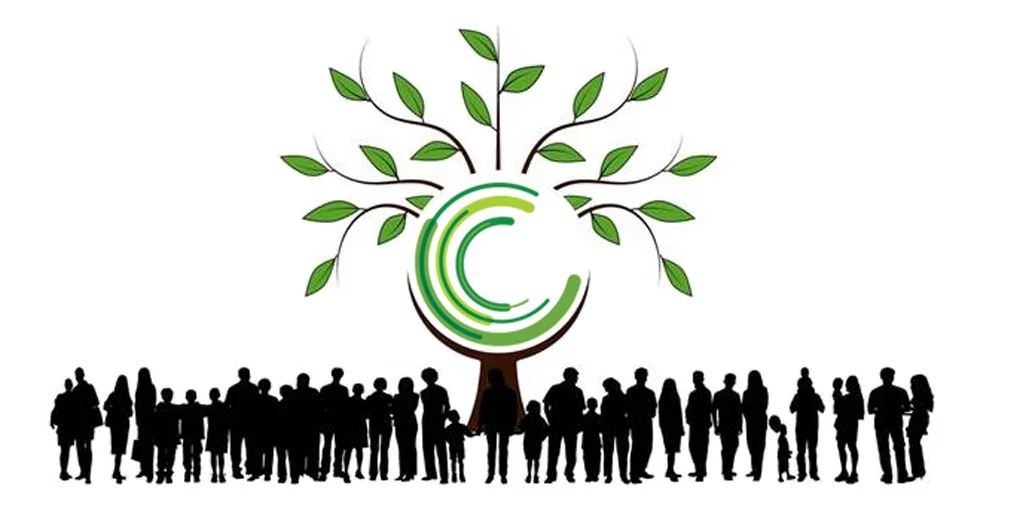Thursday 29 June
15:00 – 16:30 CEST
Converting “low-producing lands” into sources of biomass feedstocks for marine fuels offers several advantages. “Low-producing lands” are lands whose productivity has been reduced by poor farming practices, pollution, or under-use. Growing biomass feedstocks on these lands would permit an increase in biofuel production without creating competition for food, fuel, and biodiversity; while, increasing opportunities for GHG emissions reductions (including Carbon Farming). Join us as we explore the opportunities; and address critical issues associated with regenerative agriculture for biomass feedstock production, such as land availability, pace and cost of regeneration, and regulatory aspects of low-ILUC risk biomass production.
Join this event and:
- Discover innovative approaches to transform lands with reduced productivity into sustainable sources of biomass feedstocks, mitigating the adverse effects of poor farming practices, pollution, and land under-use
- Gain valuable insights into how growing biomass feedstocks on these lands can enable increased biofuel production without compromising essential resources like food, fuel, and biodiversity
- Learn about the challenges and solutions related to regenerative agriculture for biomass feedstock production, including land availability, regeneration pace and cost, and the regulatory aspects of low-ILUC risk biomass production
- Discuss how shipping can access biomass originating from these lands
Your Hosts:
- Maersk Mc-Kinney Moller Center for Zero Carbon Shipping
- CEM Biofuture Platform Initiative
Speakers:
- Gerard J. Ostheimer, PhD, Manager, CEM Biofuture Campaign (Moderator)
- Calogero Schillaci,Scientific Project Officer, European Commission
- Tiziana Pirelli, PhD. Coordinator at the Food and Agriculture Organization of the United Nations
- Giulia Gregori, Strategic Planning and Corporate Communication, Novamont
- Blanca de Ulibarri, EU LCA Project Manager at RSB





